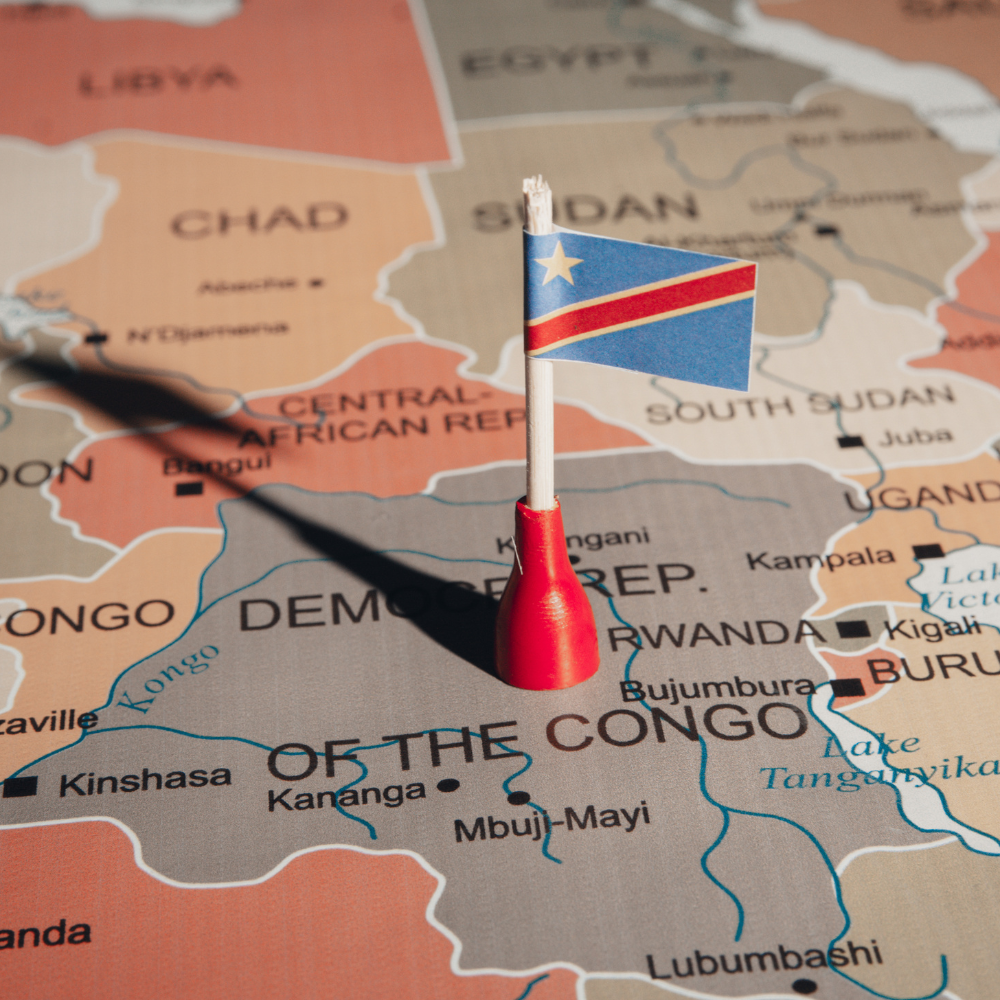Power through the ballot box: The effect of education on DRC’s democracy
Understanding the role and quality of education in the desire for regime change

In a country where elections are the only material proof of democracy, who does the intellectual elite support? This research studies the relationship between education and the desire for change at the micro level in an autocracy, focusing on the Democratic Republic of the Congo’s last presidential elections.
The research team combines the authentic results of the 2018 elections with highly granular data on education quality and quantity to unveil the relationship between education and voting for change.
CENTRAL AFRICA
Democratic Republic of the Congo



